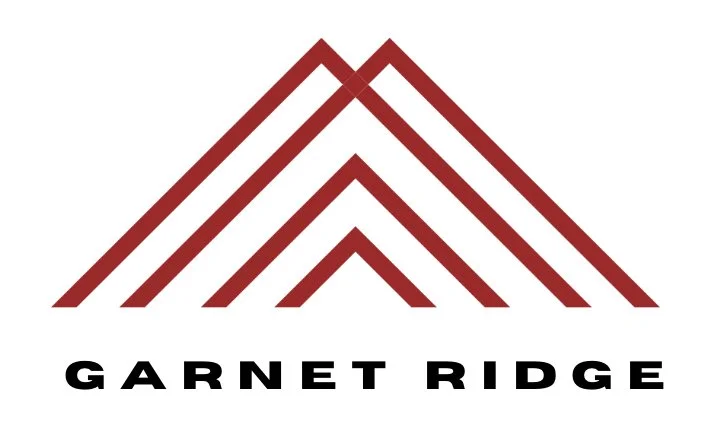Startup Financing
Starting and operating a new small business can be challenging, but you’re not isolated. Garnet Ridge can provide strategic guidance to reduce risks and help create more value, for both you and your clients. Here we briefly discuss options you may find at your local bank.
Well, you’ve done it–crafted the perfect idea, finished all product or service planning, completed sales projections and are ready to start your very own business. Now you only need one more thing, what is it…hmmm - yes it's the money to make it happen. But where do you go? With all the businesses out there, that’s the easy part right?
The answer could actually be yes or no. One thing to keep in mind when exploring options, is that a true start up is a very risky venture, not only for you, but also any lender. This means a few things. The cost of capital (the interest rate and possibly lending terms) is going to be higher/more expensive than a less risky loan (such as buying a home). If you look at the businesses around you, the truth is most are not making any actual profit and many will not survive–which are both reasons why it's harder to find start-up lending.
What are my options?
One is you can go to a traditional bank, and a good starting point would be your personal bank. That’s right, where you actually have a checking account and possibly a savings account. They know your account history and maybe you even know a friendly face in the branch. Chances of getting an actual business loan there will be slim because they are generally looking for 2+ years in business (you’re not there yet) and positive income. You just started out so neither criteria will fit your situation. Another reason and a hard truth, is that your business/idea is just too small to take the risk of setting up a loan. Most traditional banks are designed for the larger, established businesses out there. The banks can do less loans, that take less time, at higher amounts and take less overall risks.
A viable option that some traditional banks may have, whether they suggest or you inquire, is to get a personal loan. Personal loans are typically based on your personal credit history (score, payment history, balances, use of revolving debt) and are far easier for the bank to justify underwriting. Also the actual cost of capital (back to this again) will be lower, as it's a personal loan and designed for personal purposes. This means a lower interest rate and possibly a longer team (longer term = lower monthly payments), both of which are great for you.
If you’re lucky, you may even be able to get a revolving line of credit, which basically means you have a loan that can be used as little or as much as needed. Repay the monthly amount due, then reuse. This will be great as it will minimize your interest expense and continuously give you capital as needed for your business. Also, you won’t need to keep going back to the bank to ask for more capital, assuming the balance due is paid every month.
Lastly, the line of credit may have interest only payments - which means you only pay the interest that’s due on any actual balance, giving you a very low monthly payment. Let’s look at an example:
Line of credit amount: $25k
Interest rate: 12%
Payment: interest only, on balance used
If you advance the full amount of 25k, then your monthly payment will be roughly $250 per month. Can you invest 25k into a sales person or advertising campaign that can earn more than $250 per month? I would expect so.
Keep in mind that a personal loan is going to be smaller in amount (5-50K), which may be plenty depending on your venture. Generally these types of loans are setup within a few days and you’re ready to fund your new business!
